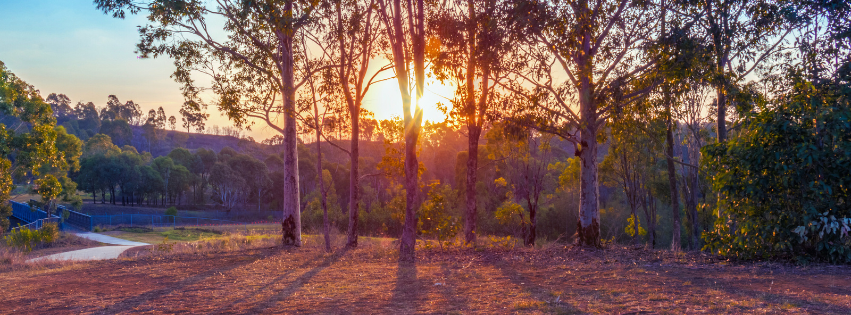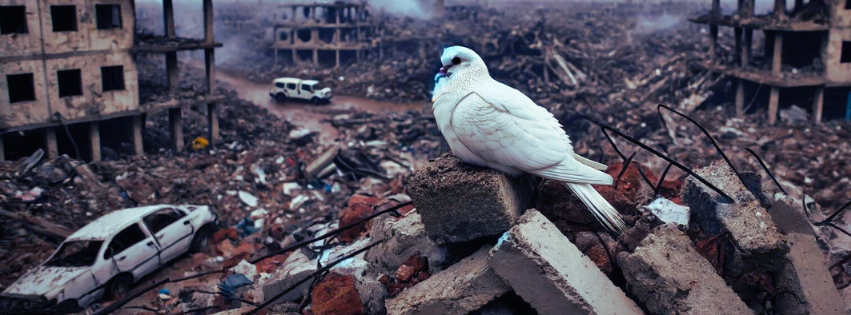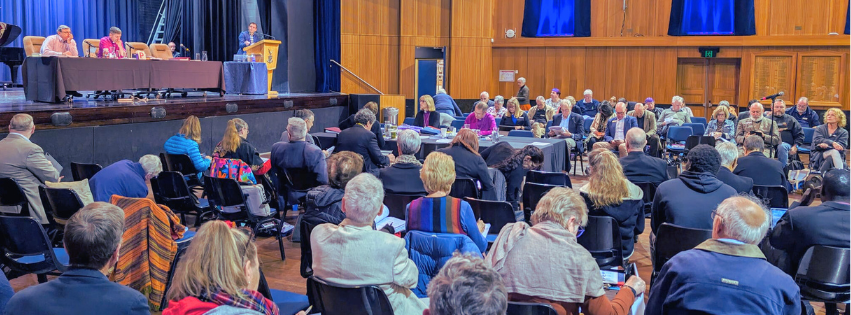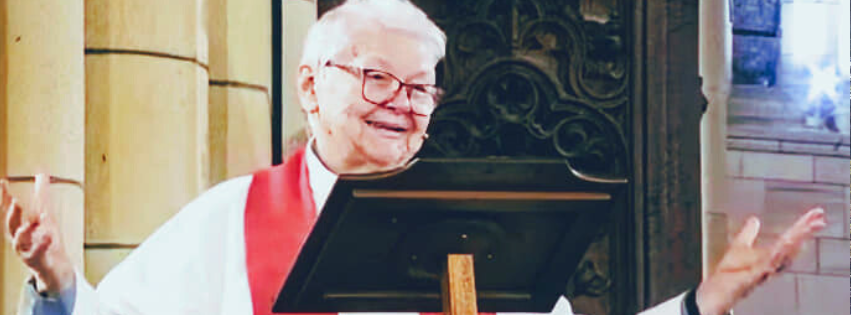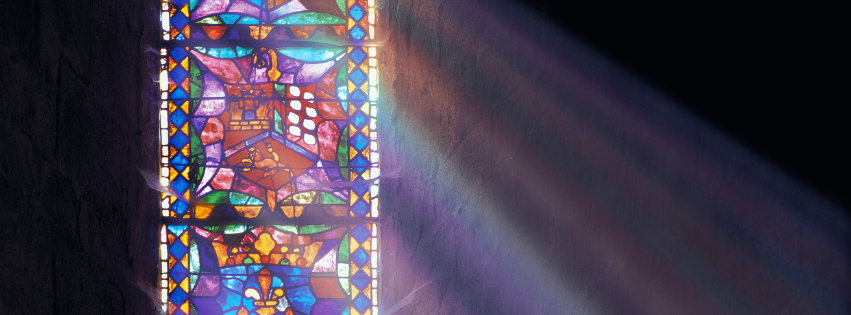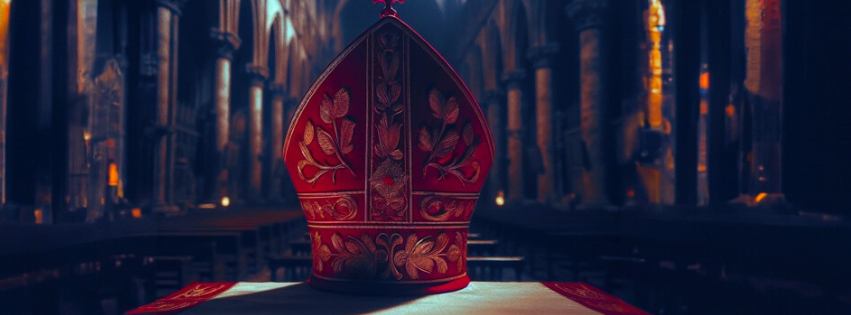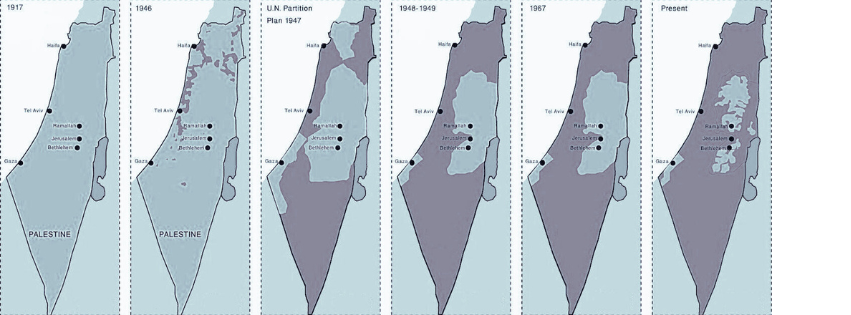Beautiful ideas, not ideology
People who understand themselves to be transexual, asexual, non-binary, bisexual, gay or lesbian are not making an ideological statement but seeking simply to express who they understand themselves to be. They have not made a choice driven by an ideological principle. They are simply honoring the fact that they are part of the beautiful crying forth of the ideas of God…


